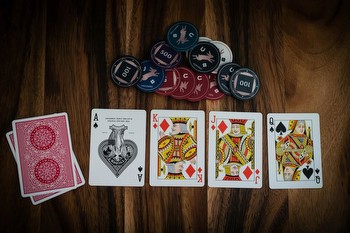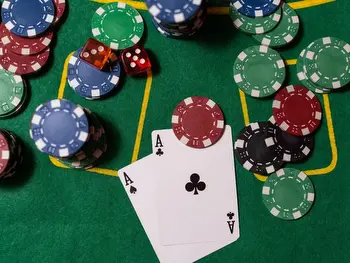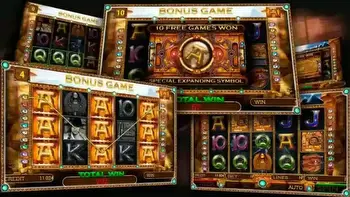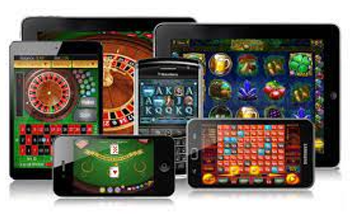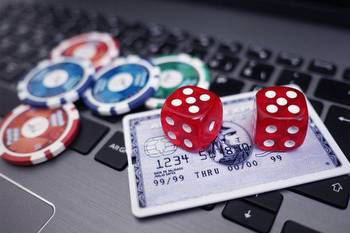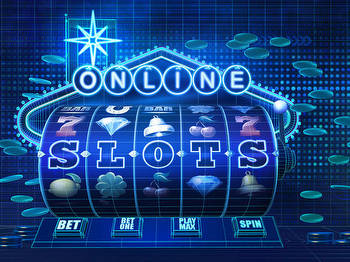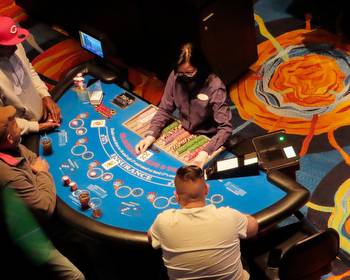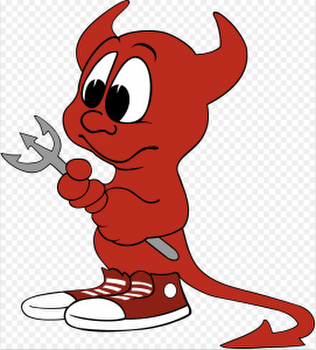It’s Not Good News
Not so long ago, I received an email from Anthony Curtis directing my attention to https://acresmanufacturing.com/optimal-poker-analyzer/ . It’s an advertisement for a product that casinos can use to evaluate the accuracy of the video poker players at their casino.
Generally speaking, casinos want to reward players based on their true worth to the casino — that is, pay losing players a lot to keep losing, pay good players a little but not too much, and find and eliminate winning players. Also generally speaking, strong players want to disguise what they’re doing so they can keep their welcome and continue to gather their profits.
Not-so-strong video poker players (who realize they are not winning players and likely never will be) should be perfectly fine with being evaluated. They will reap more benefits!
I’ve assumed that this kind of product has been available to casinos for years. Players have been using WinPoker, Video Poker for Winners, Wolf Video Poker, and others for decades which provide this type of information presented in far more user-friendly ways that what is shown in this ad.
Still, the threat is real. If casinos accurately crack down on strong video poker players more than they are already doing, it’s more bad news for a lot of us — who’ve seen video poker playing conditions continually worsen over the past few decades.
I got to thinking how software “outing” blackjack counters is similar and different to software used to out video poker players.
Consider this hand in 9/6 Jacks or Better: A♥ K♥ T♥ T♣ 4♥. The correct play, of course, is AKT4, but I imagine more than 95% of players play AKT. The size of the error is very small, the hand is very rare, so it adds up to being worth “almost nothing” overall.
Now consider this blackjack hand, where you’re betting $100 a hand. You’re dealt 8♠ 4♦ and the dealer shows 2♣. The correct basic strategy play (i.e., ignoring the count) is to hit the hard twelve. Some clever players double down for less — that is, put a red chip (i.e., $5) next to their black one and ask for one card only.
Why do they do this? Casino software evaluating blackjack players only check whether they are doubling or not — not the size of the double. A full-sized double would be a huge error. But since the player is only going to be taking one card, whatever it is, and they’re only a very small underdog hitting a twelve versus a dealer two, at a small fraction of their original bet, if a player can trick the casino’s software into thinking they’re a bad player, it’s worth far more than their expected loss on that small bet.
Arnold Snyder discussed this situation in his Radical Blackjack book. It’s also been discussed more than once by guests on Gambling with an Edge prior to Snyder publishing it.
The two examples cost the players approximately the same percentage-wise. But for purposes of camouflage to preserve a player’s welcome, they are very different.
Consider: In video poker, most players make the wrong play on this hand anyway. This play alone won’t identify a player as a bad one. Plus, video poker software can evaluate the size of the error. It will correctly evaluate this one as very small.
Finally, a basic strategy 9/6 Jacks or Better player plays at perhaps 99.535% while a perfect player plays at 99.544%. For a casino’s bottom line, these are essentially identical. With the mixture of slot club, comps, mailers, etc., it’s not going to be the case that a casino welcomes the first player and bans the second.
But it’s different in this blackjack example. First of all, a significant number of players (I’m guessing 30%?) know the correct play is to hit the twelve and the other 70% stand on the hand. Nobody with a clue doubles for full value on the twelve versus a two. The computer flags this as a major error. Which is good for the player if he’s actually doubling for much less. This player wants to look like a doofus in order to be allowed to continue playing.
Second, in blackjack, this is not such a rare hand. I’ll let somebody else look up or figure out its exact frequency, but it will happen several times a session.
The final difference between the games concerns the conditions surrounding the game that are so important. Video poker players look at the slot club, promotions, and mailers to determine whether or not they have the edge. Blackjack players look primarily to penetration (i.e., how many cards are dealt before the re-shuffle), the dealer errors, and the willingness of casinos to let players play. Computer software doesn’t address any of these things.
So, whether or not casinos use computer software to help them identify and eliminate strong players, my prediction is the best players will continue to find ways to extract money from casinos. Sadly, the more casinos have and use accurate information concerning how well a player plays, the harder it will be to find those ways to win.







